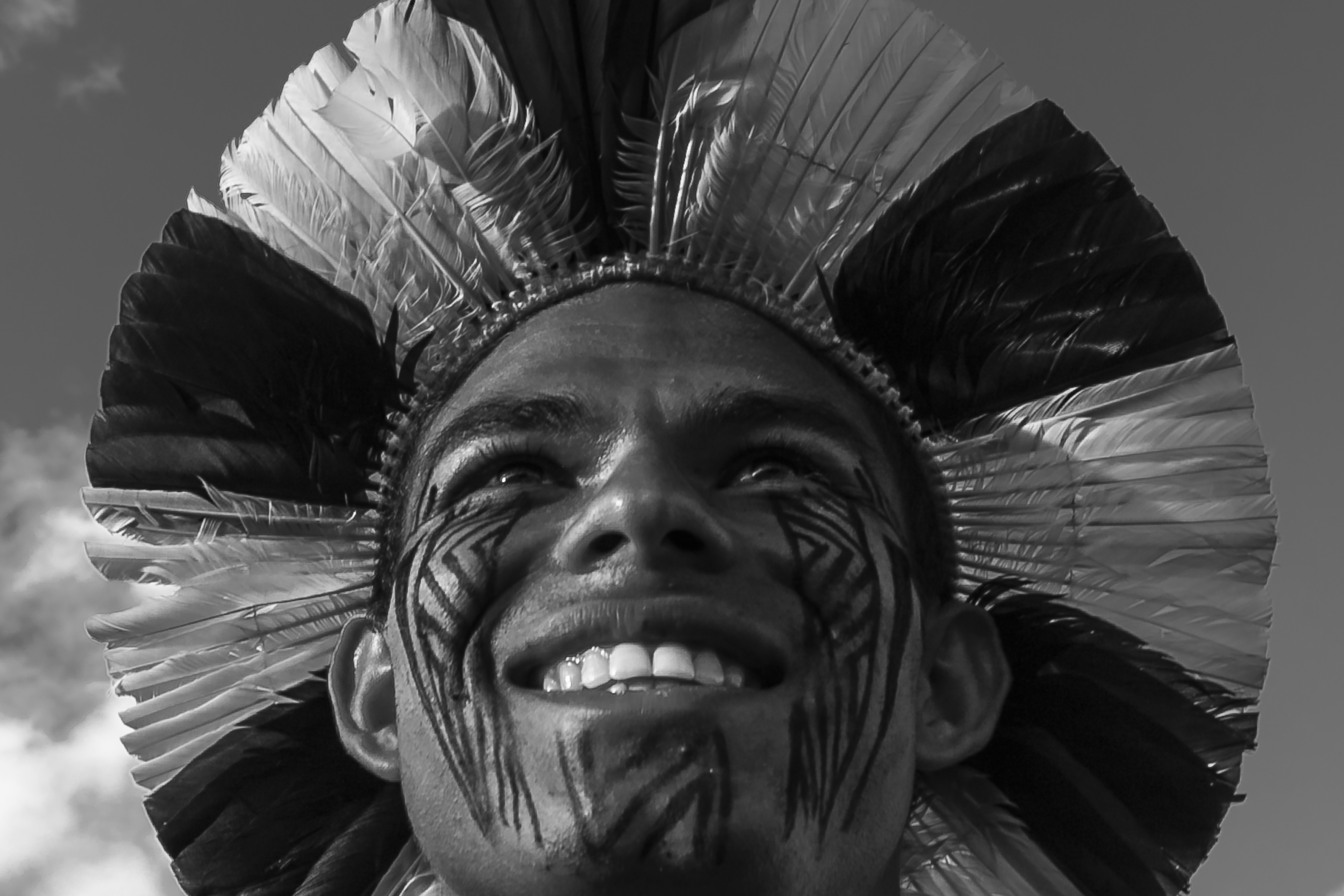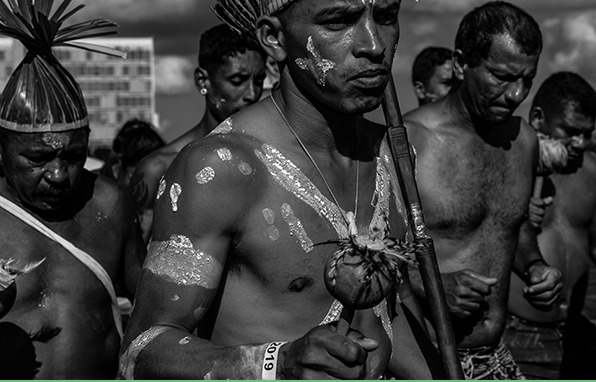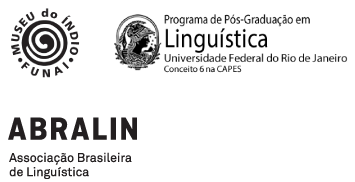
NOVEMBER 11 - 14 2019, RIO DE JANEIRO, BR
Revitalization of indigenous languages under discussion
Brazil is a multilingual country, although its linguistic diversity is almost always silenced. Viva Living Language is an affirmation and an engaging and engaging calling, extolling the importance of language survival in a world that has become increasingly homogeneous and does not seem to care about the exponential disappearance of languages and ways of living.

- Anari Braz Bomfim
It is not possible to speak of the rescue of a language, let alone the struggle for land. As land can be rescued, in the struggle, so languages can be rescued.
- Sandra Guató
If I could go back to a school for these children to learn, I myself would be the first to come in to learn MY language
- Dianne Pomare
We are very strict here in the Auckland school about not speaking English at all. Total immersion in the indigenous language is the approach that really works. It has got to be all or nothing1 That is why we do have to focus in teaching in Māori. Our main task is to get the indigenous students to believe deep in their hearts that this is a good thing. There is no way the indigenous language will survive without that. This is the most important. They must believe that
their native language is from the earth, from the sky, from the forests. - Toni Waho
When we created the first language nests in New Zealand we said: it does not matter if the language is not at the homes, that is OK, because we can create the speakers at the schools. We had this twang, this accent, we were not even native speakers! But who cares?! Because if we don ́t do it, who else is gonna do it? We didn’t evend discuss much the issues, we just went out and did it! And today we all agree it was the right thing to do.
- Ken Hale
Half of the 6,000 languages in the world are in danger because children are no longer learning the language. In the 21st century, extinction will reach the remaining 3,000 languages, except those with armies and states. There are two reasons why it is important to work with communities that are trying to rescue the language. One is that each language can contribute to the knowledge of the Language. The other is that many indigenous communities, not only in the Americas but also in Australia and Africa, are trying to rescue their languages. It is a right they have: to protect, to revitalize their linguistic heritage, because it is a part of the intellectual life of the community, it is a treasure they should have the chance to keep. Therefore, I believe that linguists who are working with a language should be involved in programs for the survival or revitalization of languages.
KEY DATES

| August 15th, 2019 | Deadline for presentations proposal submission |
| September 1st, 2019 | Proposal decisions announced |
| November 10, 2019 | Registration deadline |
| November 11-14, 2019 | Event Viva Língua Viva 2019 |
| January 1st, 2020 | Full paper deadline |



